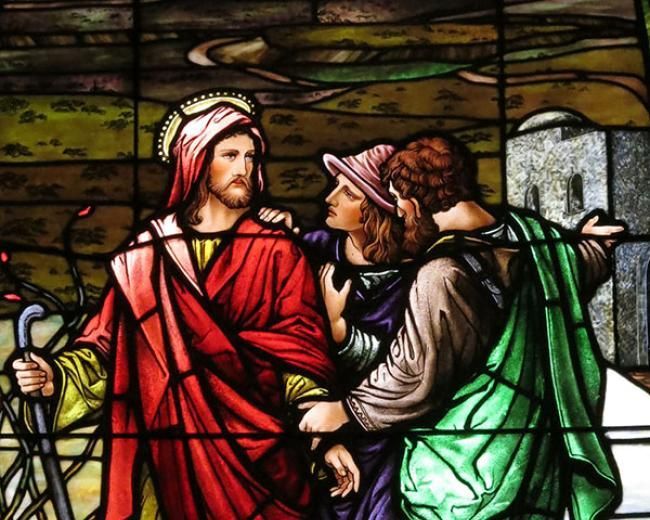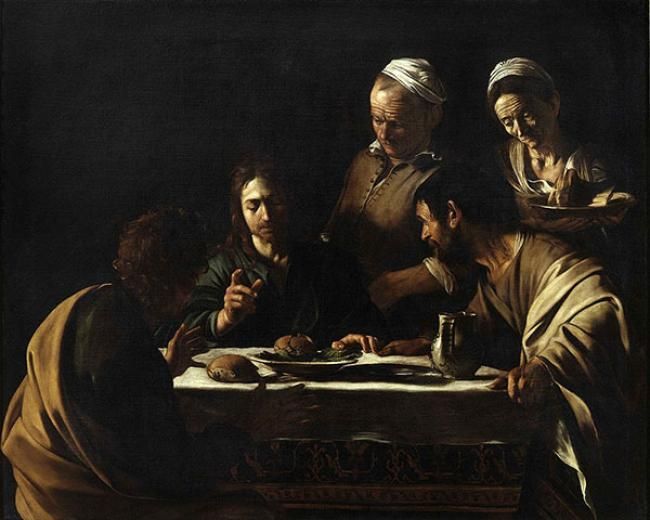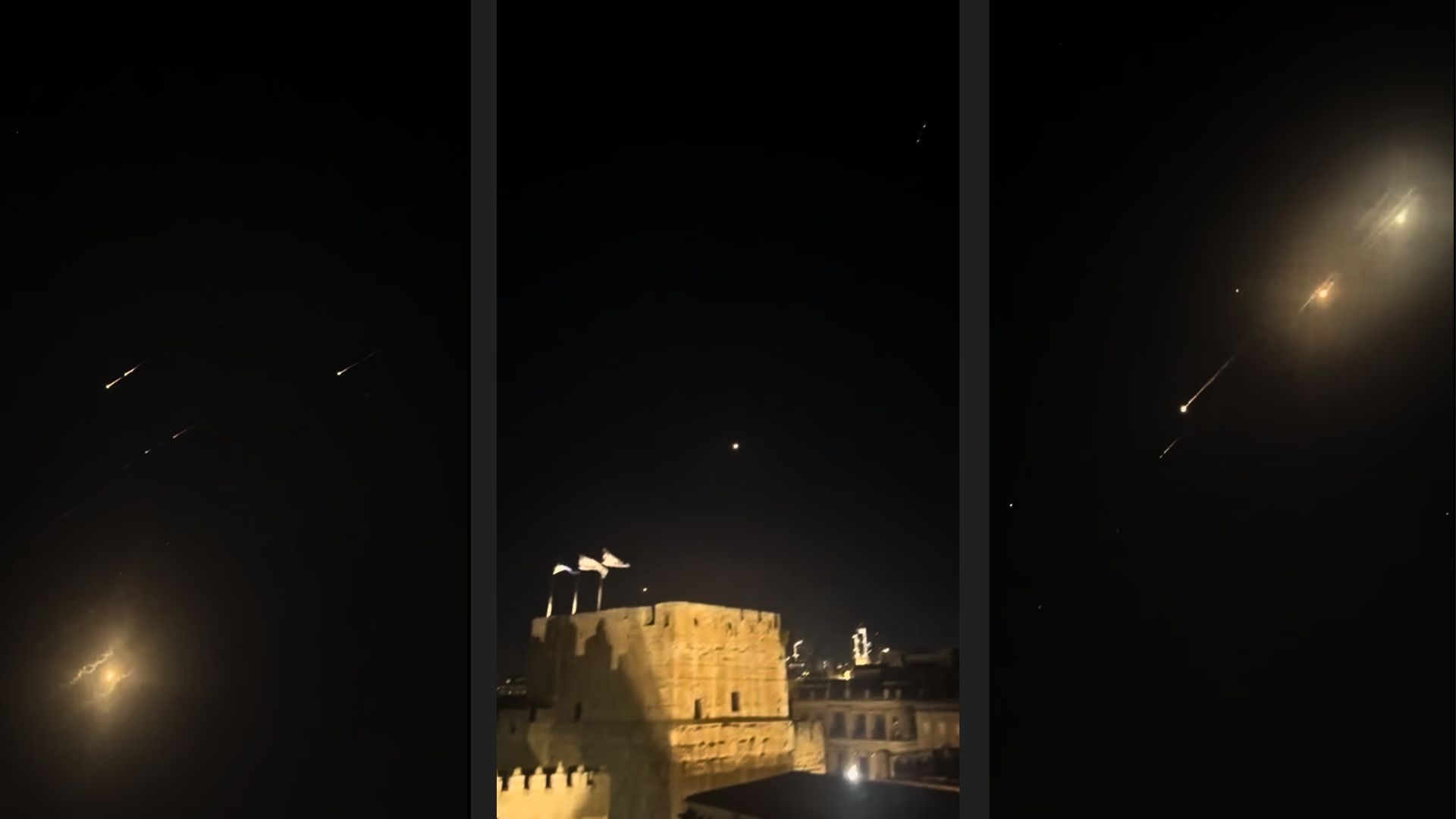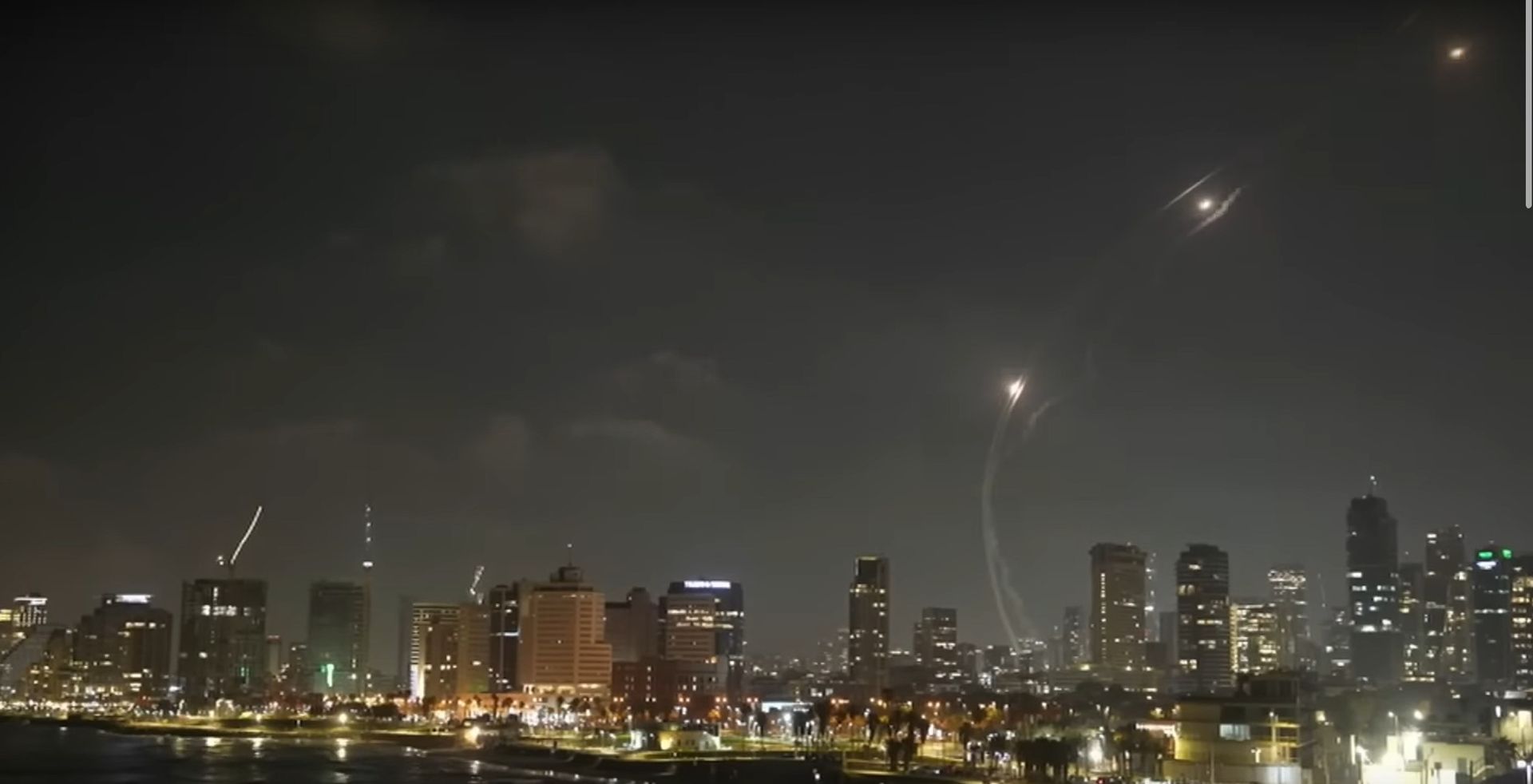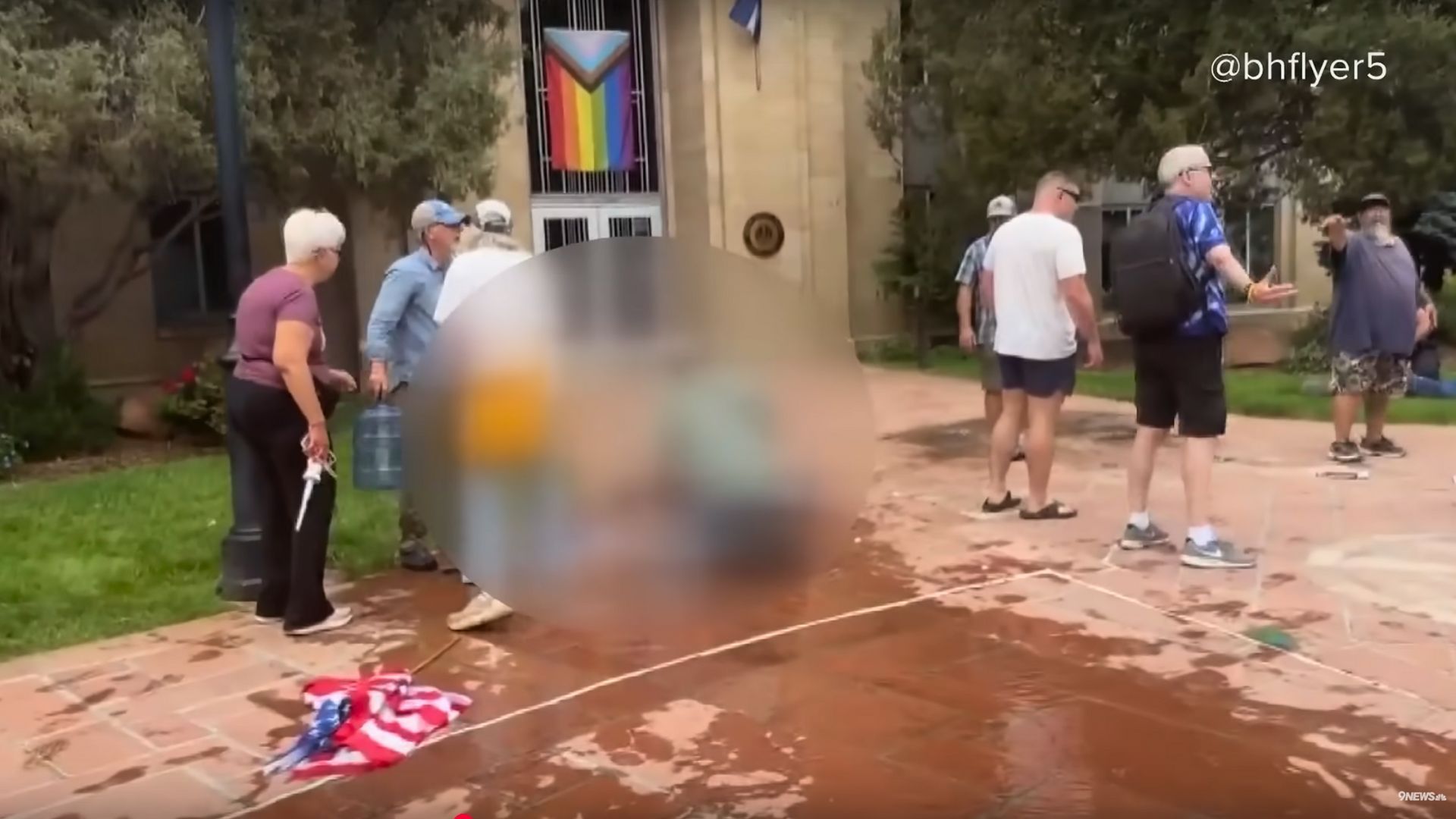They
rebuke
d
this stranger for his
apparent
lack of knowledge of recent events
.
He
, in turn,
rebuked
them
for their failure to understand how these
very
events had been prophesied in Scripture.
In the midst of their confusion about Jesus,
the stranger
became their
Teacher
and
took them to Moses and the Prophets. They knew Jesus as a prophet, but not as the Prophet like Moses.
They knew him to be the Messiah, but their only concept of a messiah was that of a king.
They rebuke d this stranger for his apparent lack of knowledge of recent events . He , in turn, rebuked them for their failure to understand how these very events had been prophesied in Scripture. In the midst of their confusion about Jesus, the stranger became their Teacher and took them to Moses and the Prophets. They knew Jesus as a prophet, but not as the Prophet like Moses. They knew him to be the Messiah, but their only concept of a messiah was that of a king.
